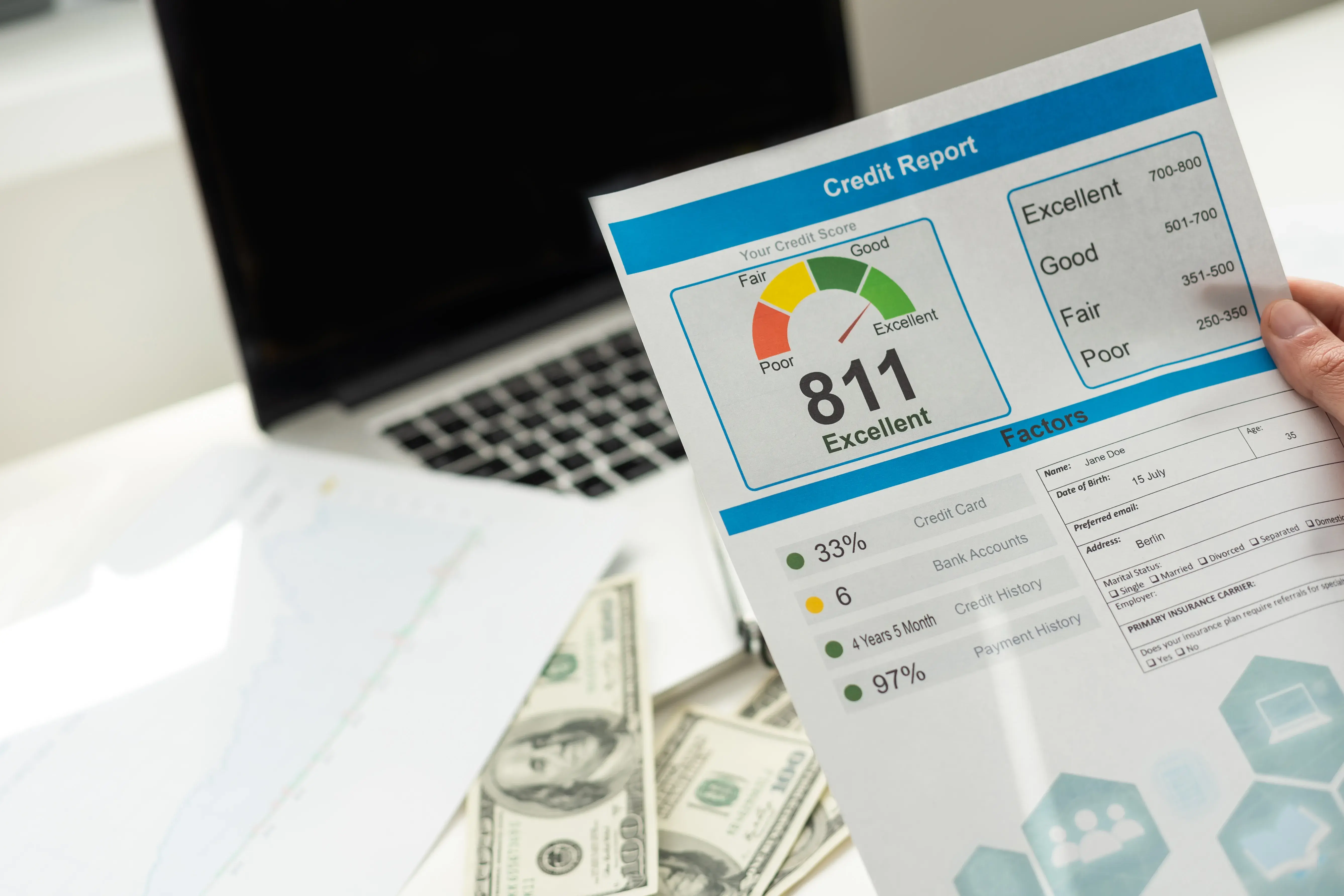-
Posted on: 24 Apr 2025

-
How to Lock Your Credit Report: A Step-by-Step Guide to Protect Your Identity
In today’s digital world, identity theft and credit fraud are growing concerns. Criminals can use stolen personal information to open new accounts, take out loans, or make unauthorized purchases in your name. One of the most effective ways to prevent this is by locking your credit report.
A credit lock restricts access to your credit file, making it harder for fraudsters to open new accounts using your information. Unlike a credit freeze, a credit lock is often easier to manage and can be toggled on and off instantly.
What is Credit Lock?
A credit lock is a security feature offered by the three major credit bureaus—Experian, Equifax, and TransUnion—that prevents lenders and other companies from accessing your credit report. When your credit is locked:
- No one (including you) can open new credit accounts unless you unlock them.
- Existing creditors and certain entities (like landlords or employers) may still access your report, depending on the bureau’s policies.
- You can unlock it instantly when you need to apply for credit.
Credit Lock vs. Credit Freeze: What’s the Difference?
Many people confuse credit locks with credit freezes, but they have key differences:
Feature
Credit Lock
Credit Freeze
Cost
Often free (varies by bureau)
Free by law (federal regulation)
Ease of Use
Can be toggled instantly via app/website
Requires a PIN and may take longer to lift
Legal Protection
Governed by the bureau’s terms
Federally mandated (stronger legal safeguards)
Effectiveness
Blocks new credit inquiries
Blocks new credit inquiries
A credit freeze is more secure because it’s regulated by federal law, while a credit lock is a convenience feature controlled by the bureaus. However, a lock is easier to manage for frequent credit users.
How to Lock Your Credit Report with All Three Bureaus?
Each credit bureau has its process for locking and unlocking your credit. Below, we’ll walk you through the steps for Experian, Equifax, and TransUnion.
- Locking Your Experian Credit Report
Experian offers a free service called Experian CreditLock. Here’s how to enable it:
- Go to Experian’s CreditLock page.
- Sign up for a free Experian account (or log in if you already have one).
- Navigate to the CreditLock section in your dashboard.
- Toggle the lock “On” to restrict access.
You can unlock it anytime with a single click when applying for new credit.
- Locking Your Equifax Credit Report
Equifax provides Equifax Lock & Alert, a free credit lock service:
- Visit Equifax’s Lock & Alert page.
- Create an account or log in.
- Go to the Lock & Alert section.
- Enable the lock to block new credit checks.
Like Experian, you can unlock Equifax instantly when needed.
- Locking Your TransUnion Credit Report
TransUnion’s credit lock is available through TrueIdentity or TransUnion Credit Monitoring:
- Go to TransUnion’s TrueIdentity page.
- Sign up for a free account.
- Find the Credit Lock option and activate it.
TransUnion also allows instant unlocks via their mobile app.
Pros and Cons of Locking Your Credit Report
Before locking your credit, consider the advantages and potential drawbacks.
Benefits of Credit Lock
Prevents Unauthorized Accounts – Stops fraudsters from opening credit in your name.
Quick & Easy to Manage – Can be unlocked instantly when needed.
No Impact on Existing Credit – Current accounts (credit cards, loans) remain unaffected.
Free with Most Bureaus – Experian, Equifax, and TransUnion offer free locking options.Drawbacks of a Credit Lock
Not Federally Regulated – Credit freezes have stronger legal protections.
May Require Separate Locks – You must lock each bureau individually.
Doesn’t Stop All Fraud – Criminals can still misuse existing accounts.When Should You Lock Your Credit?
A credit lock is useful in these situations:
You’re Not Actively Applying for Credit – Ideal if you don’t need loans or new cards soon.
You’ve Been a Victim of Identity Theft – Adds an extra layer of security.
You Want Peace of Mind – Proactively blocks unauthorized access.When Should You Unlock Your Credit?
You’ll need to temporarily unlock your credit when:
- Applying for a mortgage, auto loan, or credit card
- Renting an apartment (some landlords check credit)
- Starting a new job (some employers run credit checks)
Additional Ways to Protect Your Credit
While a credit lock helps, consider these extra security measures:
- Monitor Your Credit – Use free services like Credit Karma or AnnualCreditReport.com.
- Set Up Fraud Alerts – Adds a 1-year fraud alert to your credit file.
- Use Strong Passwords & Two-Factor Authentication – Protects online financial accounts.
- Shred Sensitive Documents – Prevents dumpster-diving identity thieves.
Final Thoughts
Locking your credit report is a simple yet powerful way to prevent identity theft and unauthorized credit applications. While it’s not foolproof, it significantly reduces the risk of financial fraud.
By looking at your reports with Experian, Equifax, and TransUnion, you take control of your credit security. Just remember to unlock it when applying for new credit to avoid delays.
For maximum protection, combine a credit lock with regular monitoring, strong passwords, and fraud alerts. Stay vigilant and keep your financial future secure!
Don't let a low credit score hold you back—call (888) 803-7889 for a personalized action plan!





